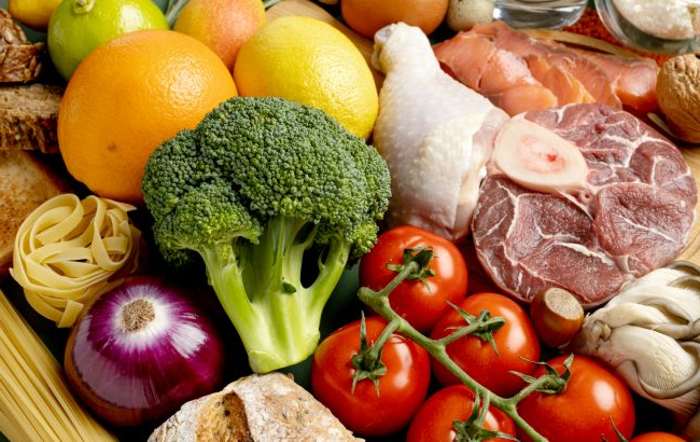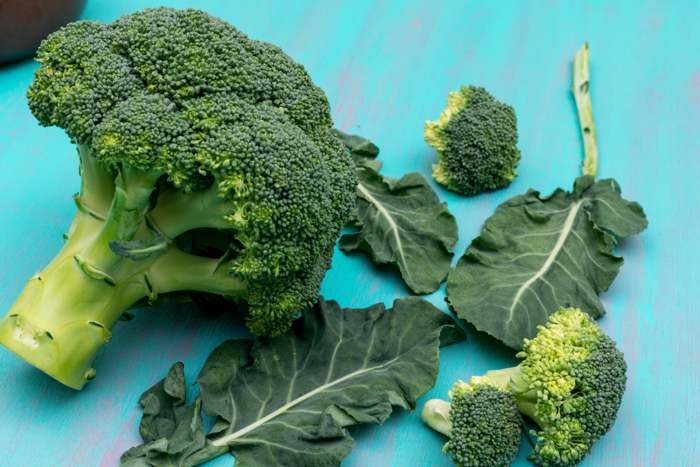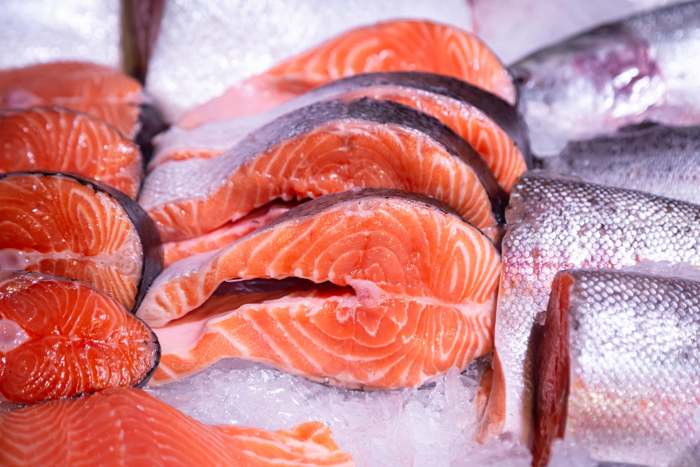Sometimes, in an attempt to save money, we exclude certain foods from the menu — or choose fast food. However, trying to save money on food can negatively affect your health, and further recovery will cost much more than the cost of a balanced diet.

RBC-Ukraine (Styler project) talks about 10 products that you definitely shouldn’t save on.
Sources used in preparing the material: PubMed, Medical News Today.
Almond
Almonds contain many nutrients such as magnesium, vitamin E, iron, calcium, fiber and riboflavin. In addition, eating these nuts can reduce the risk of cardiovascular disease and lower cholesterol levels.
Lentils
Although lentils usually require a long cooking time, they should not be excluded from your diet. It is a reliable source of fiber, magnesium and potassium.
In addition, it contains polyphenols, due to which it has antioxidant, antidiabetic and anti-inflammatory properties.
Cabbage
This green leafy vegetable offers a wide range of different nutrients. For example, this highly nutritious plant is an excellent source of vitamins C and K.
Cabbage can be boiled or steamed. Or even add it to a smoothie.
Broccoli
Broccoli contains high amounts of fiber, calcium, potassium, folate and phytonutrients. Phytonutrients are compounds that reduce the risk of heart disease and diabetes. Broccoli also contains important antioxidants such as vitamin C and beta-carotene.
However, boiling broccoli can destroy many of its key nutrients — so it’s best to steam it.

Avocado
Some people avoid eating avocados due to their high fat content, even though they are healthy. Avocados are also a good source of fiber and contain B vitamins, vitamin K and vitamin E.
In addition, consuming avocado helps maintain cardiovascular health.
Spinach
These leafy greens are high in antioxidants, especially when eaten raw, steamed, or lightly boiled. Spinach is a source of nutrients such as vitamins A, B-6, C, E and K, selenium, zinc, phosphorus, potassium, calcium, copper and manganese.
Blueberry
In addition to fiber, blueberries contain antioxidants and phytonutrients. Although phytonutrients are not essential for survival, they can help prevent disease and support vital body functions.
In addition, eating blueberries can help prevent cardiovascular disease, lower blood pressure and reduce the risk of obesity.
Fatty fish
Oily fish include salmon, trout, mackerel, herring, sardines and anchovies. These fish fillets contain high levels of omega-3 fatty acids, which are good for the heart and nervous system.
Omega-3 fatty acids may also help with inflammatory conditions such as arthritis. In addition, fatty fish contains large amounts of vitamins A and D.

Chicken
Chicken is a healthy meat because it is a good source of protein. However, it is important to remember that cooking methods affect how healthy the chicken is.
This means you should limit your consumption of deep-fried chicken and always remove the skin before eating.
Eggs
Eggs are another source of protein that can be easily included in your diet.
Eggs contain vitamins B-2 and B-12, which are important for energy conservation and red blood cell production. Eggs are also a source of the essential amino acid leucine, which plays an important role in stimulating muscle protein synthesis.
Eggs also contain sufficient amounts of choline, which is important for cell membranes.